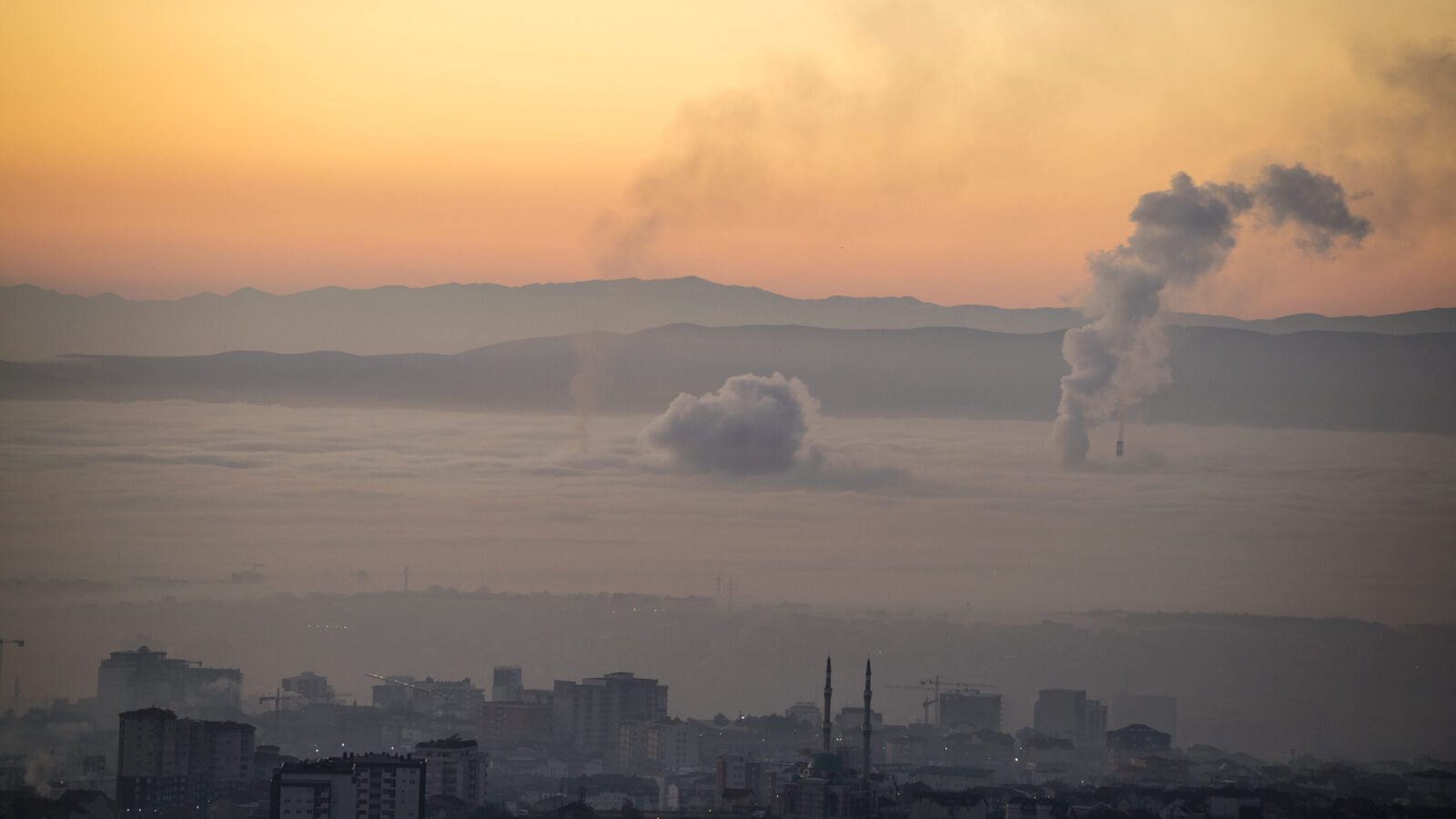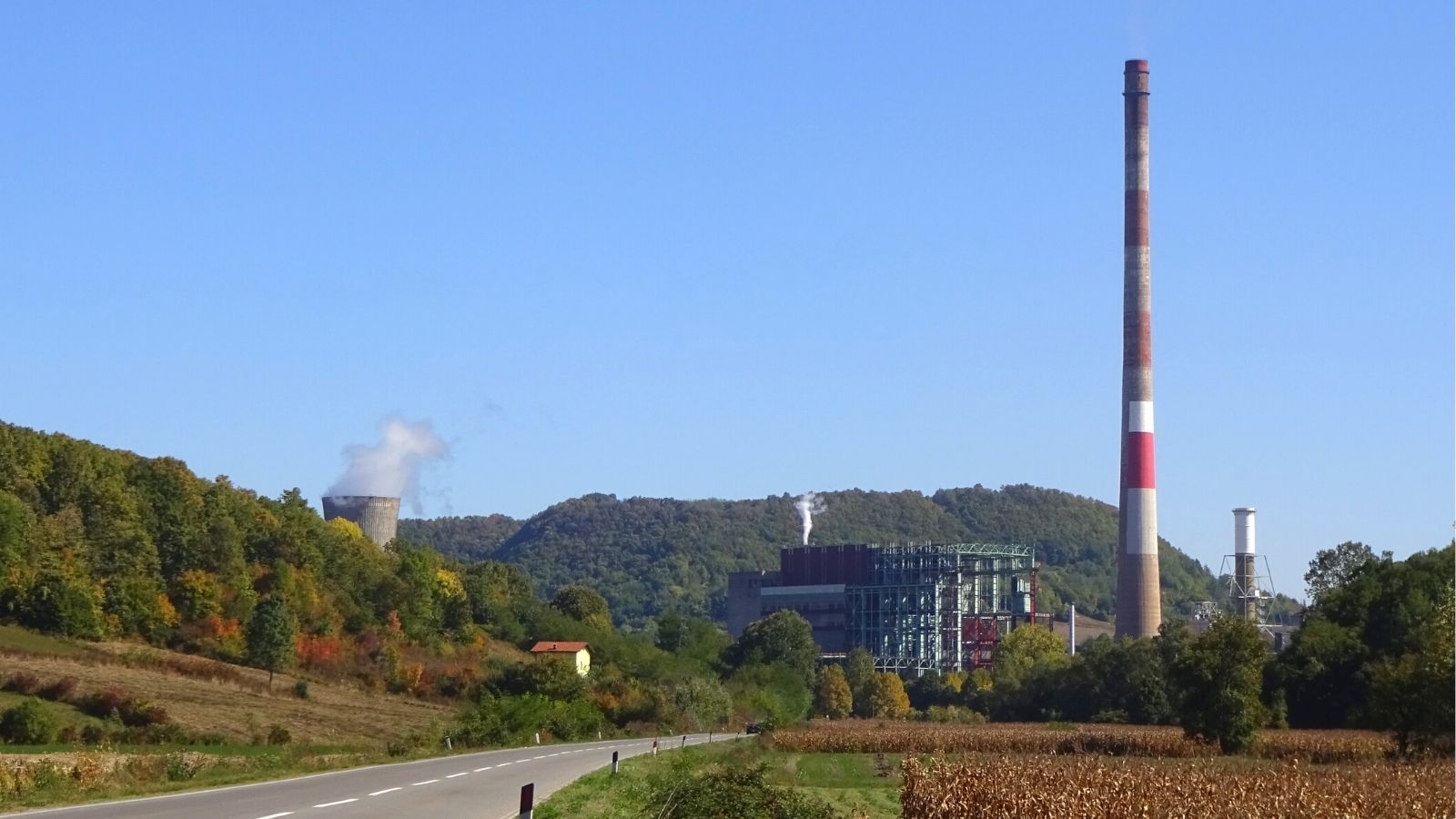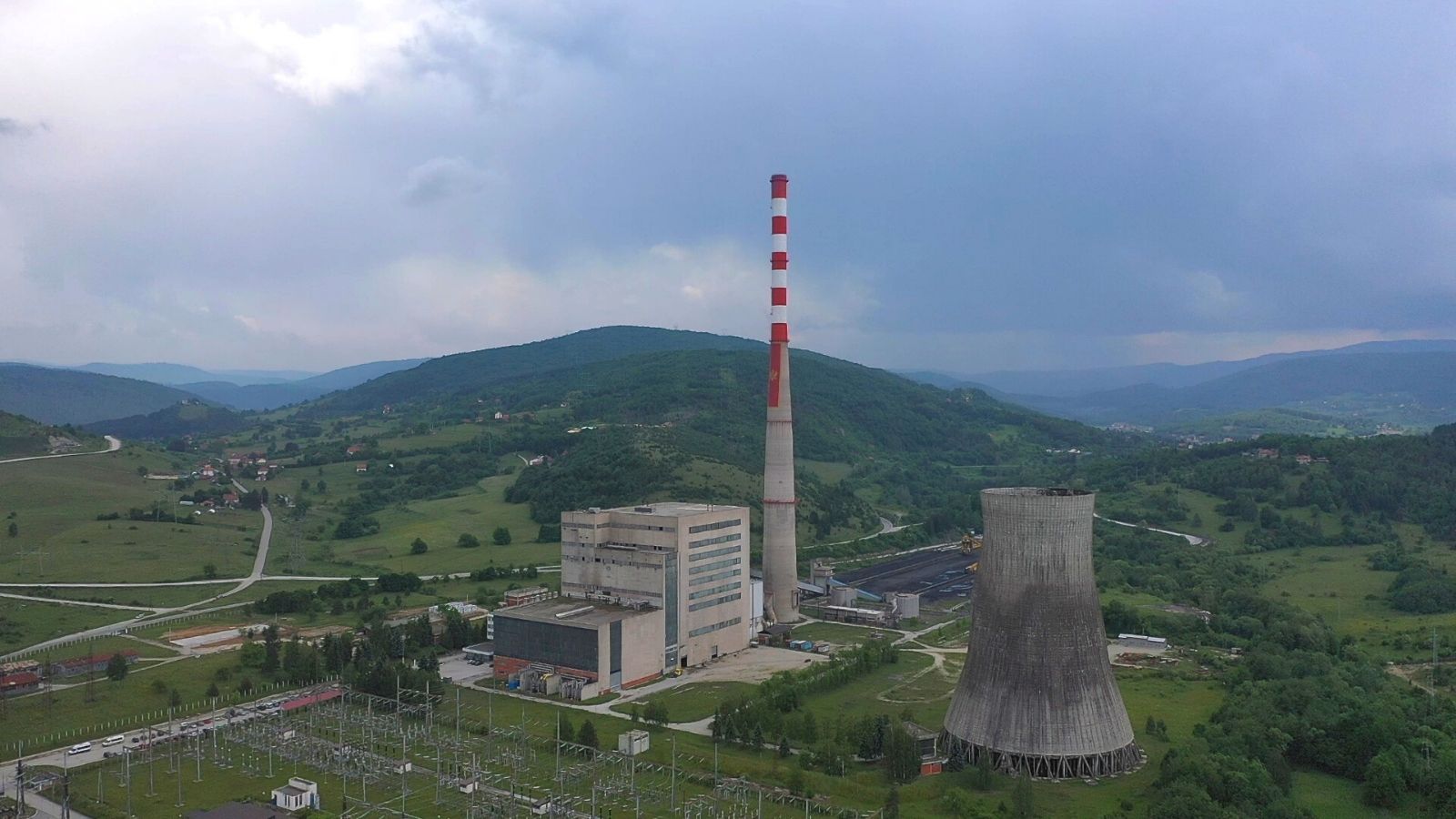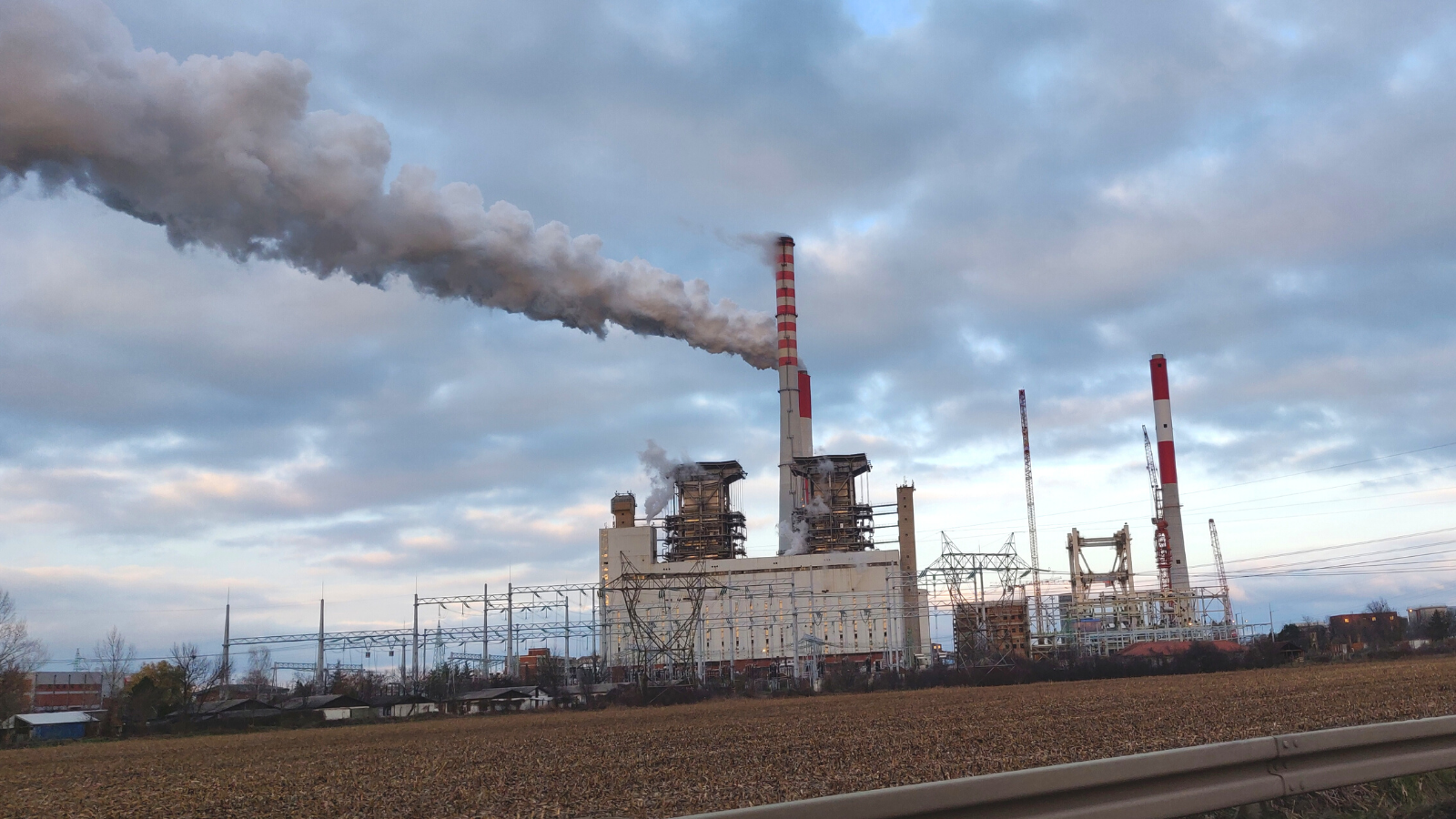Fossil fuels are fast losing their social license. It is becoming increasingly evident that countries’ continued reliance on dirty hydrocarbons escalates the climate crisis, worsens air pollution and enables war.
Long touted as a ‘bridge fuel,’ fossil gas now needs to be recognised by policymakers for the hurdle to the energy transition that it is, and multilateral development banks should urgently end support for gas projects and gas-dependent companies.
The energy transition has to be just and fast, with citizens, municipalities and workers as critical participants in the process. We are working to ensure no more public money is spent on coal, and public finance is used to accelerate this transition.
Stay informed
We provide updates in English from the Balkans and other coal regions.
IN FOCUS
Fossil gas
Fossil gas is the new coal. Although often labelled ‘natural,’ fossil gas is a major driver of the climate crisis. There is no more room for new investments in fossil gas projects if we are to avert the worst impacts of the climate crisis and set a path towards decarbonisation.

District heating
District heating and individual heating are still dominated by fossil fuels and inefficient burning of wood without regard to sustainability criteria, in combination with a low degree of energy efficiency. This has to change, since heating plays a crucial role in the transition into a clean and zero-carbon economy.
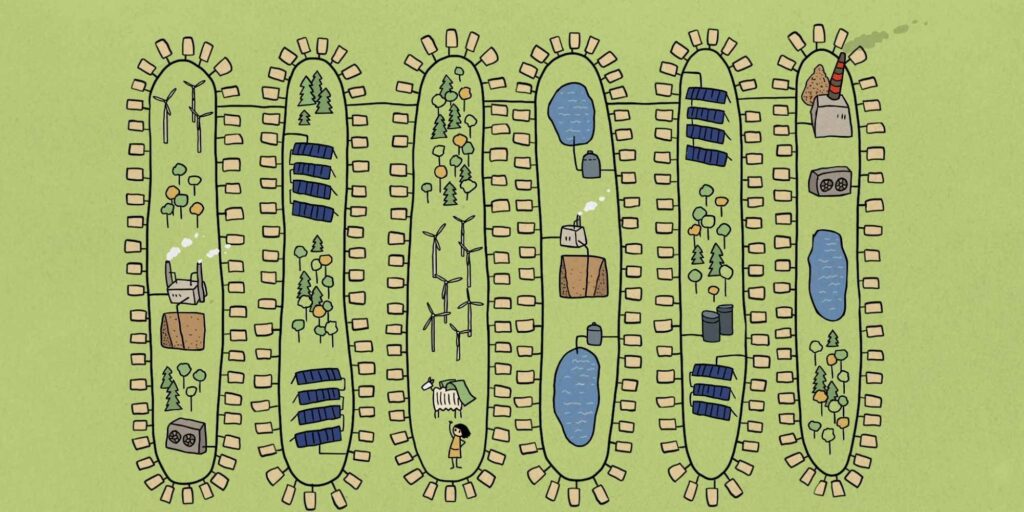
Just transition
No one should be left behind when we reconstruct our world into one driven by clean energy. Working on just transition brings all actors who believe in fair regional redevelopment to the same table: unions, industry, public administration, governments, civil society and others sharing this goal.

Documentary: Turning the Tide
Our documentary exposes, for the first time, the extent of financial support four of the world’s leading multilateral development banks (MDBs) – the World Bank, the European Investment Bank, the Asian Development Bank and the European Bank for Reconstruction and Development – have been providing to the global fossil fuels industry over the past 13 years.
Our analysis shows that since 2008, the oil, coal and gas business has been enjoying no less than EUR 81.5 billion in support from these government-owned financial institutions in the form of loans, grants, credit lines and guarantees.
Coal projects
Ugljevik power plant, Bosnia and Herzegovina
Commissioned in 1985, the 300 MW coal power plant in Ugljevik, Bosnia and Herzegovina, has become famous for emitting more sulphur dioxide than all of Germany’s coal power plants in 2019.
Pljevlja I power plant, Montenegro
The existing 225 MW Pljevlja thermal power plant in the north of Montenegro, near the borders with Serbia and Bosnia-Herzegovina, has been operating since 1982. The plant was originally planned to comprise two units but the second one was never built. The plant, along with the extensive use of coal and wood for heating, has caused unbearably bad air quality in the town.
Kostolac B power plant (B1, B2), Serbia
The Kostolac B power plant, consisting of 2 units of 350 MW each, first entered into operation in 1987. In 2022, the plant delivered 4388 GWh of electricity to the grid, nearly 20 per cent of the country’s coal-based generation.
Latest news
Funding the right incentives for the just transition
Blog entry | 14 January, 2020The Commission’s proposal for a Just Transition Fund is encouraging as fossil fuels have been excluded. Special attention should be given though to key elements such as its mode of governance, geographical scope, and the types of activities eligible for funding.
Read moreEU to unveil trillion-euro ‘Green Deal’ financial plan
Bankwatch in the media | 14 January, 2020The European Commission will propose on Tuesday (14 January) how the EU can pay for shifting the region’s economy to net-zero CO2 emissions by 2050 while protecting coal-dependent regions from taking the brunt of changes aimed at fighting climate chang
Read moreWer zahlt das EU-Klimageld?
Bankwatch in the media | 14 January, 2020Die EU-Kommission hat ein Klima-Finanzpaket vorgestellt, um besonders den europäischen Kohleregionen beim Strukturwandel zu helfen – und sie will, dass die Mitgliedsstaaten dafür mehr Geld einzahlen als bisher. Die Bundesregierung ist dagegen. Source :
Read moreRelated publications
Unmasking the biomass dilemma in Serbia and Bosnia and Herzegovina
Briefing | 17 January, 2025 | Download PDFAs EU law regulating bioenergy is not yet sufficient to avoid climate and nature damage, this briefing outlines why forest biomass needs to be treated with caution in the Western Balkans.
A well-designed national energy efficiency fund in North Macedonia will enable long-term energy savings in the residential and public sectors
Briefing | 20 December, 2024 | Download PDFEstablishing national energy efficiency funds is one of the best mechanisms to increase investments in energy efficiency across all sectors.
Joint statement: Urgent call to IFC and EBRD to impose conditionalities on Oyu Tolgoi’s new loan
Joint statement | 20 December, 2024 | Download PDF37 civil society organisations from around the world have signed a joint statement on the new loan proposal for the Oyu Tolgoi mine in Mongolia.

